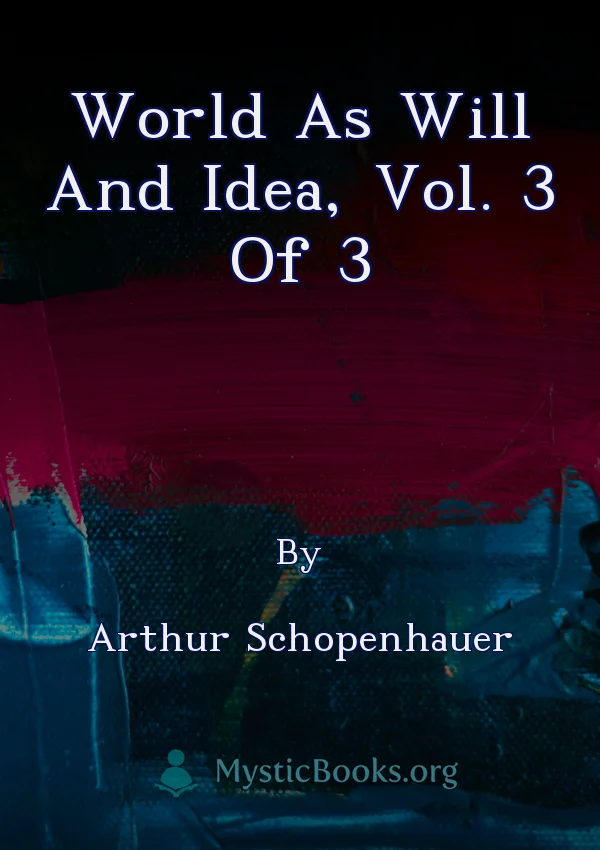
World as Will and Idea, Vol. 3 of 3
'World as Will and Idea, Vol. 3 of 3' Summary
In *World as Will and Idea*, Schopenhauer presents his groundbreaking philosophical system, centering on the concept of the Will. This primal force, he contends, is the driving force behind all existence, constantly striving for satisfaction, yet never truly fulfilled. This perpetual dissatisfaction leads to inherent suffering, a central theme in Schopenhauer's thought. He argues that human beings are trapped within the Will, perceiving the world through the lens of the Principle of Sufficient Reason, which imposes causality and individuality upon our experience. This, he suggests, obscures the true nature of reality, the 'Thing-In-Itself.' Art, Schopenhauer believes, offers a way to transcend this veil, allowing us to perceive the Platonic Ideas, the essence of things, detached from the limitations of individual perception. By experiencing these Ideas, we can connect with the common Will that binds all humanity, fostering a deeper, more universal love. However, Schopenhauer ultimately sees liberation from suffering in the negation of the Will itself. He draws inspiration from Vedic philosophy, advocating for a path of self-denial and a pursuit of non-being as the means to achieve ultimate peace and escape the cycle of desire and suffering.Book Details
Language
EnglishOriginal Language
Published In
Genre/Category
Tags/Keywords
Authors
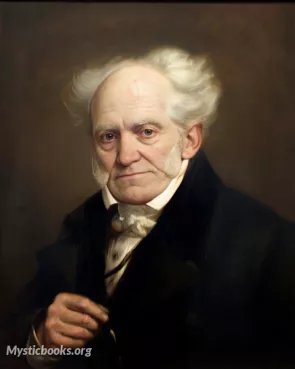
Arthur Schopenhauer
Germany
Arthur Schopenhauer was a German philosopher born on February 22, 1788, in Danzig (present-day Gdańsk, Poland). He is best known for his work "The World as Will and Representation", which was publishe...
Books by Arthur SchopenhauerDownload eBooks
Listen/Download Audiobook
- Select Speed
Related books
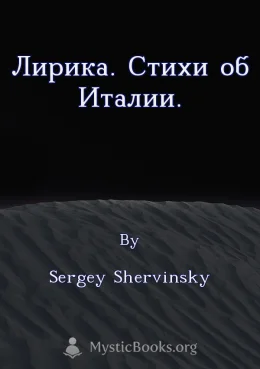
Лирика. Стихи об Италии. by Sergey Shervinsky
This collection of poems by Sergey Shervinsky, a notable figure of the Russian Silver Age, focuses on Italy. Shervinsky's characteristic style of non-...
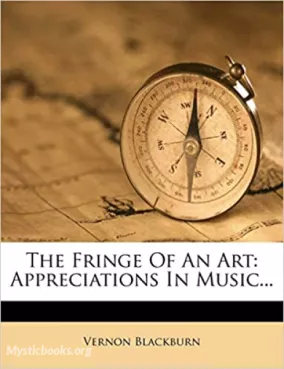
The Fringe of an Art: Appreciations in Music by Vernon Blackburn
This is a captivating exploration of the world of music and its diverse facets. Published in [insert year of publication], this book delves into the i...
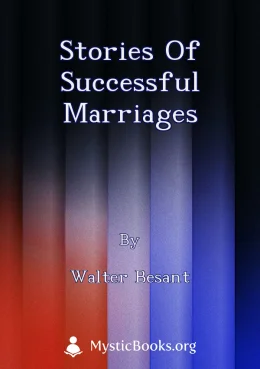
Stories of Successful Marriages by Walter Besant
This book, compiled by Walter Besant, presents a collection of short stories from prominent authors of the Victorian era. Each story explores the them...

Quiet Talks about Jesus by S.D. Gordon
So far as I can find out, I have no theory about Jesus to make these talks fit into. I have tried to find out for myself what the old Book of God tell...
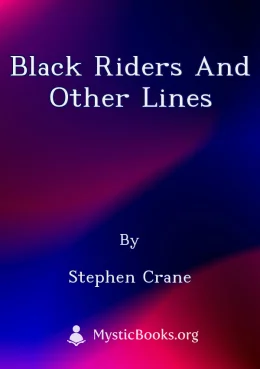
Black Riders and Other Lines by Stephen Crane
Stephen Crane's *Black Riders and Other Lines* is a collection of poems that showcases his distinct style and thematic concerns. The poems are often c...
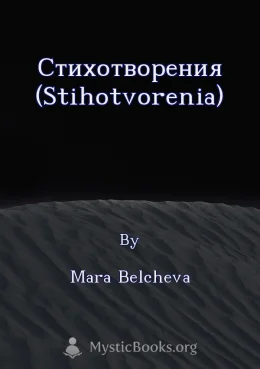
Стихотворения (Stihotvorenia) by Mara Belcheva
Четири кратки творби от поетесата Мара Белчева (8 септември 1868, Севлиево – 16 март 1937, София), посветени на човешката близост и доверие. Изповедно...
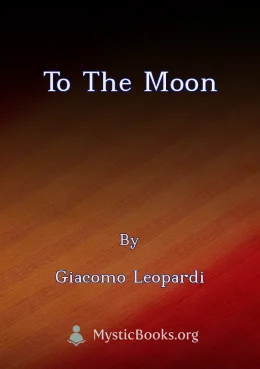
To The Moon by Giacomo Leopardi
Giacomo Leopardi, a renowned Italian poet and philosopher, is best known for his melancholic and introspective verses. 'To The Moon' is a collection o...
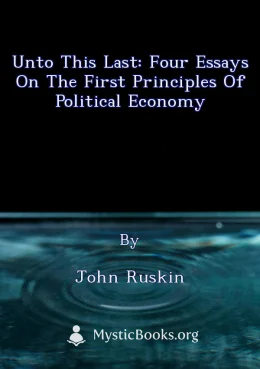
Unto this Last: Four Essays on the First Principles of Political Economy by John Ruskin
John Ruskin (1819 – 1900) is best known for his work as an art critic and social critic, but is remembered as an author, poet and artist as well. Unto...
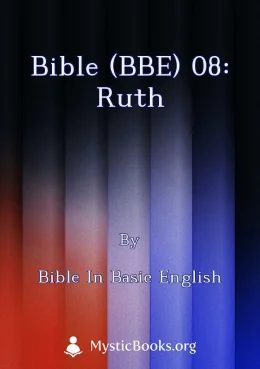
Bible (BBE) 08: Ruth by Bible in Basic English
The Book of Ruth, presented in the simplified language of Basic English, tells the story of Ruth, a Moabite woman who, after the death of her husband,...
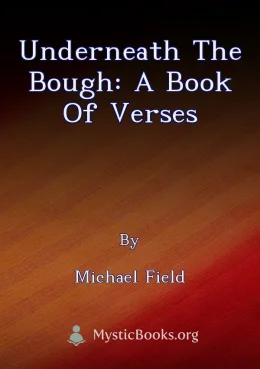
Underneath the Bough: A Book of Verses by Michael Field
'Underneath the Bough' is a collection of poems by Michael Field, a pseudonym for the couple Katharine Harris Bradley and Edith Emma Cooper. Their wor...
Reviews for World as Will and Idea, Vol. 3 of 3
No reviews posted or approved, yet...